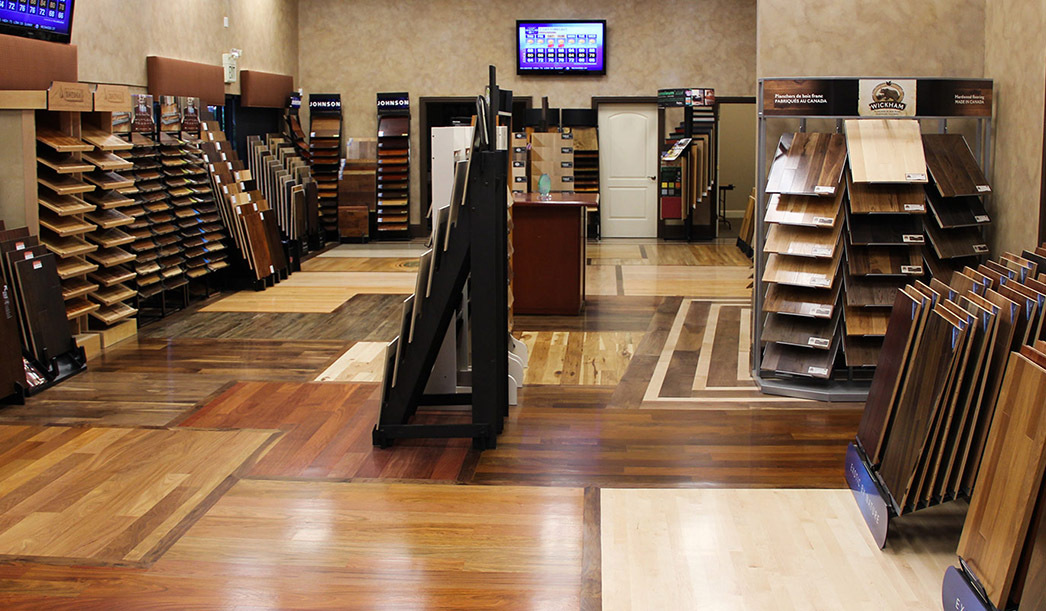Professional Installation vs. DIY
When it comes to installing hardwood floors, homeowners are often faced with a critical decision: should they opt for professional installation or take on the challenge themselves with a DIY approach? This section of the guide delves into the comparison between the two options, weighing the advantages and disadvantages of each. From the expertise needed to the cost considerations and potential risks, we'll explore the factors that can help homeowners make an informed decision about how to proceed with their hardwood floor installation project. Whether you're seeking the flawless finish of a professional touch or the satisfaction of completing the task yourself, understanding the differences between professional installation and DIY methods is essential for achieving the desired results.Expertise Required
Professional Installation
- Skilled Craftsmanship: Professional installers possess the necessary skills and expertise to ensure precise and high-quality installation. They are experienced in handling various types of hardwood flooring and can address challenges effectively.
- Knowledge of Installation Techniques: Professionals are familiar with industry-standard installation techniques and best practices, including acclimation procedures, subfloor preparation, and proper adhesive application.
DIY Installation
- Skill Level: DIY installation requires a certain level of proficiency in carpentry and flooring installation techniques. While some homeowners may possess the necessary skills, others may find it challenging to achieve professional-quality results.
- Learning Curve: Novice DIYers may need to invest time in researching and learning about hardwood floor installation techniques before attempting the project, which can add to the overall time and effort required.
Cost Considerations
Professional Installation
- Initial Investment: Hiring professionals for hardwood floor installation typically involves higher upfront costs compared to DIY. However, these costs often reflect the expertise and quality assurance provided by professional installers.
- Potential Long-Term Savings: Professional installation can help minimize the risk of costly mistakes and repairs down the line. Additionally, many reputable installers offer warranties or guarantees on their workmanship, providing homeowners with peace of mind.
DIY Installation
- Material Costs: DIY installation allows homeowners to save on labor costs but requires investment in tools and materials, including flooring materials, adhesives, underlayment, and installation equipment.
- Potential Risks of Errors: Inexperienced DIYers may encounter challenges during installation, leading to errors such as uneven flooring, improper acclimation, or misalignment of planks. These mistakes can result in additional expenses for repairs or reinstallation.
Potential Risks Involved
Professional Installation
- Reliance on Contractor: Choosing a reputable and skilled contractor is crucial to ensuring a successful installation. Hiring inexperienced or unreliable contractors can result in subpar workmanship and delays.
DIY Installation
- Risk of Errors: DIY installation carries inherent risks, including the potential for mistakes that could compromise the integrity and appearance of the flooring. Improper installation may also void warranties on flooring materials.
- Time and Effort: DIY installation requires a significant time commitment, especially for homeowners with limited experience or access to professional tools. The process can be labor-intensive and may disrupt daily routines.
Factors Affecting Hardwood Floor Installation Costs
When planning a hardwood floor installation project, understanding the factors that influence costs is essential for budgeting and decision-making. In this section of the guide, we delve into the myriad factors that can impact the overall cost of hardwood floor installation. From the type of hardwood selected to the size and layout of the space, each element plays a crucial role in determining the final expenses. Additionally, considerations such as subfloor preparation and the need for additional services like flooring removal can further contribute to the total cost. By exploring these factors in detail, homeowners can gain insight into the pricing dynamics of hardwood floor installation and make informed choices that align with their budget and preferences.Type of Hardwood Chosen
- Hardwood Species: The cost of hardwood flooring can vary significantly depending on the species chosen. Exotic hardwoods or rare species typically command higher prices than more common options like oak or maple.
- Grade and Quality: Within each hardwood species, there are different grades and quality levels available. Higher-grade hardwoods with fewer imperfections and more uniform appearance often come at a premium price.
Size and Layout of the Space
- Square Footage: The size of the area to be covered with hardwood flooring is a major factor in determining installation costs. Larger spaces require more materials and labor, leading to higher overall expenses.
- Complexity of Layout: Intricate floor layouts, such as rooms with irregular shapes, alcoves, or multiple angles, may require additional labor and expertise, impacting installation costs.
Subfloor Preparation
- Subfloor Condition: The condition of the existing subfloor can influence installation costs. If the subfloor is uneven, damaged, or requires repairs, additional labor and materials may be needed to ensure a smooth and stable surface for the hardwood flooring.
- Moisture Barrier Installation: In areas prone to moisture or humidity, installing a moisture barrier or vapor retarder beneath the hardwood flooring may be necessary to prevent damage. The cost of these additional materials and installation should be factored into the overall project budget.
Additional Services
- Removal of Existing Flooring: If there is existing flooring in the space that needs to be removed before installing hardwood, this service will add to the overall installation costs. Factors such as the type of flooring material and the condition of the subfloor beneath it can impact the complexity and cost of removal.
- Trim and Molding Installation: Installing trim, baseboards, and molding around the perimeter of the room adds a finishing touch to the hardwood flooring installation. The cost of materials and labor for trim and molding should be considered in the project budget.
Location and Accessibility
- Geographical Location: Installation costs can vary based on regional factors such as labor rates, cost of living, and local building codes and regulations.
- Accessibility of the Space: Factors such as limited access to the installation area, parking restrictions, or challenges with moving materials into the space can affect installation costs.


